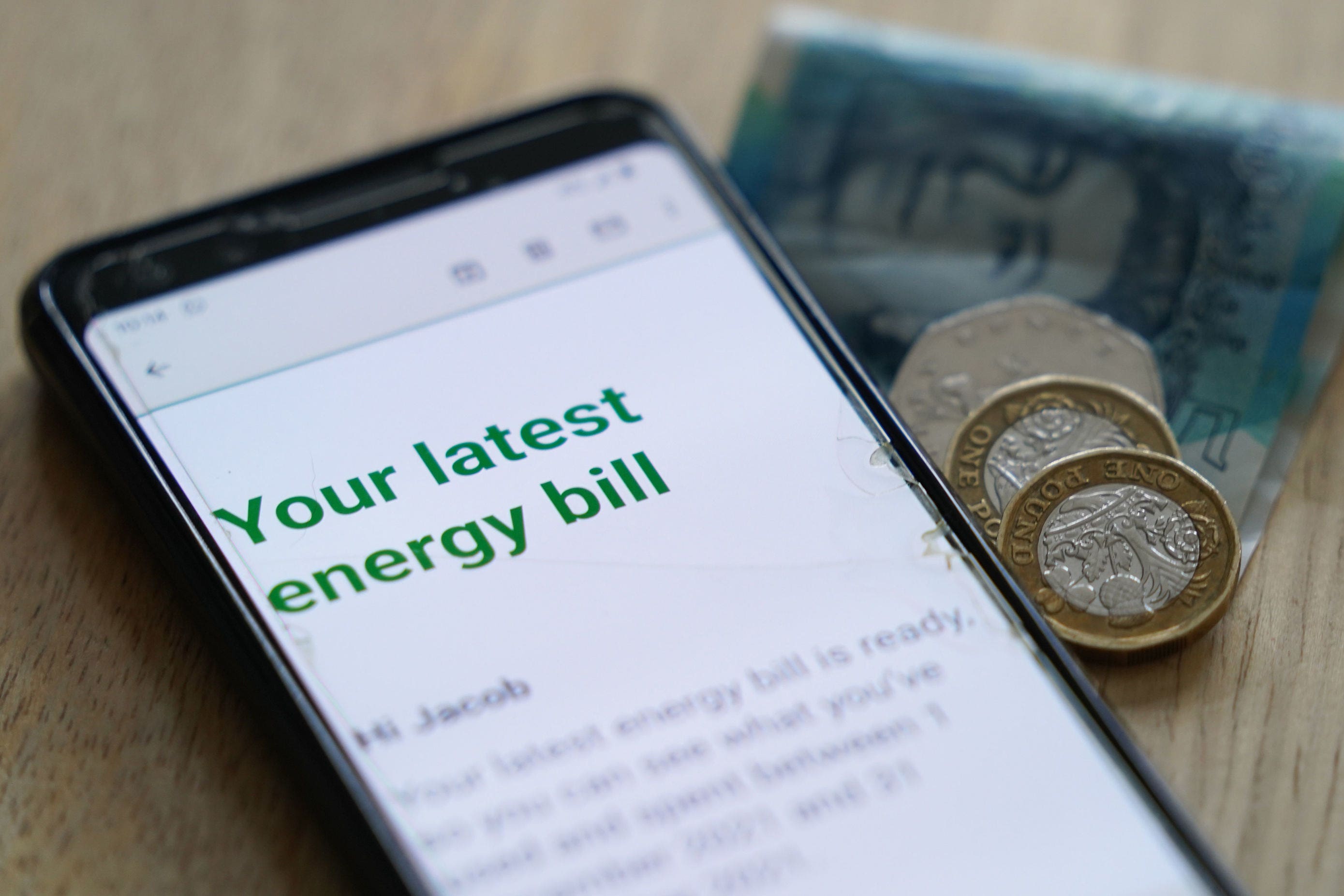What are Labour and the Tories saying they will do to cut energy bills?
Energy policy takes centre stage in the Tory and Labour election campaigns on Friday – but what are both parties offering?

Energy policy takes centre stage in the Tory and Labour election campaigns on Friday after Ofgem said the typical household energy bill will fall by £122 a year from July.
Here’s what you need to know:
What changes did Ofgem announce?
Ofgem said on Friday morning that the average household energy bill will drop by 7% from July 1, when the latest change to the regulator’s price cap takes effect.
The typical household’s energy bill is set to fall from the current £1,690 a year to £1,568.
How did the parties react to the Ofgem announcement?
Rishi Sunak said the fall in the energy price cap reported on Friday was evidence of his Government’s success, saying it shows “our plan is working” and that “the economy has turned a corner”.
Labour meanwhile pointed out that though the cap will be around £500 less than it was in July last year, when it was £2,074, it will still be £400 more than in 2021.
What is the energy price cap?
The energy price cap was introduced by the Government in January 2019 and sets a maximum price that energy suppliers can charge consumers in England, Scotland and Wales for each kilowatt hour (kWh) of energy they use.
Ofgem sets its cap every three months as the average amount paid by the typical household.
What is Labour’s energy pitch?
Sir Keir Starmer is using a visit to Scotland to promote his plan for a publicly owned green electricity generator, which he said would cut bills and boost energy security.
Campaigning in the Glasgow East constituency on Friday, Sir Keir said the company would have its headquarters north of the border, bringing “jobs in Scotland” while “keeping prices down across the whole country”.
Great British Energy will be “owned by the taxpayer making money for the taxpayer,” he told Sky News earlier.
He said that investing in “clean British power” would bring down energy bills “for good” and give the UK security “so that Putin can’t put his boot on our throats”.
He said a Labour government would also make sure jobs in renewable energy stay in the UK.
Energy Secretary Claire Coutinho accused Labour of not being “honest about the costs” that their plans for net zero power would involve.
Ms Coutinho said Labour’s drive to decarbonise the electricity system by 2030 would “take us back to square one by making voters pay more for net zero”.
She said shifting away from North Sea oil and gas would put 200,000 jobs at risk.
What are the Conservatives proposing?
Ms Coutinho set out her own energy policies, including maintaining the Ofgem cap throughout the next parliament to help keep bills down.
Under the Tory proposals, price comparison services will be made easier to use and Ofgem could publish league tables showing how long energy firms take to respond to customer complaints.
“Only the Conservatives have a clear plan for a secure future where we reach net zero without punishing families with extra costs,” she said.
In response, a Labour spokesman said the Conservatives “will never end the cost-of-living crisis – only Labour has a plan to cut bills and make Britain energy independent”.
Bookmark popover
Removed from bookmarks